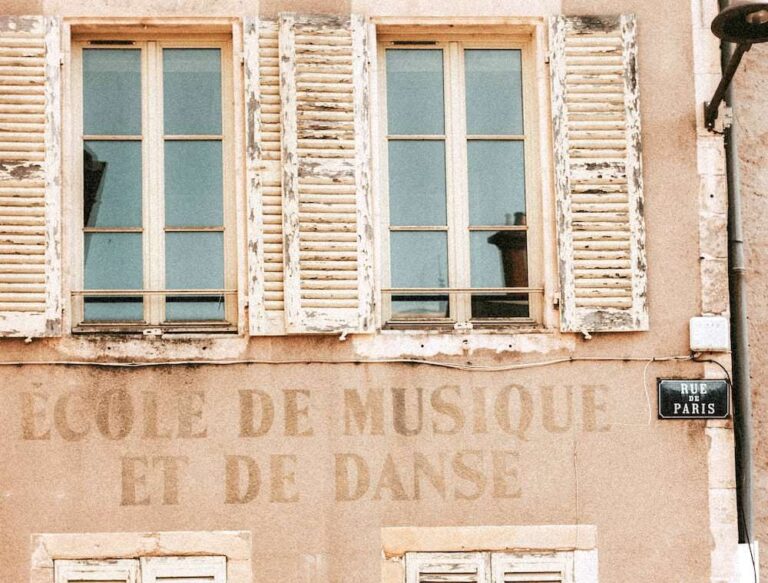noun gender full list
In French, every noun (naming word) has a grammatical gender: it is either masculine or feminine. This gender does not necessarily relate to biological gender. One of the most reliable ways to predict the gender of a noun is by looking at its ending. While there are exceptions, many nouns follow predictable patterns based on…









